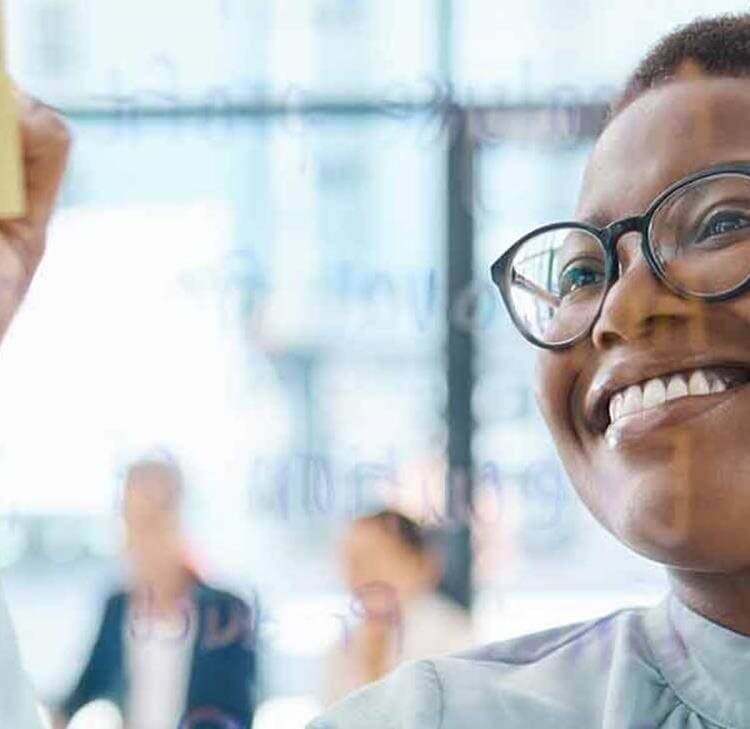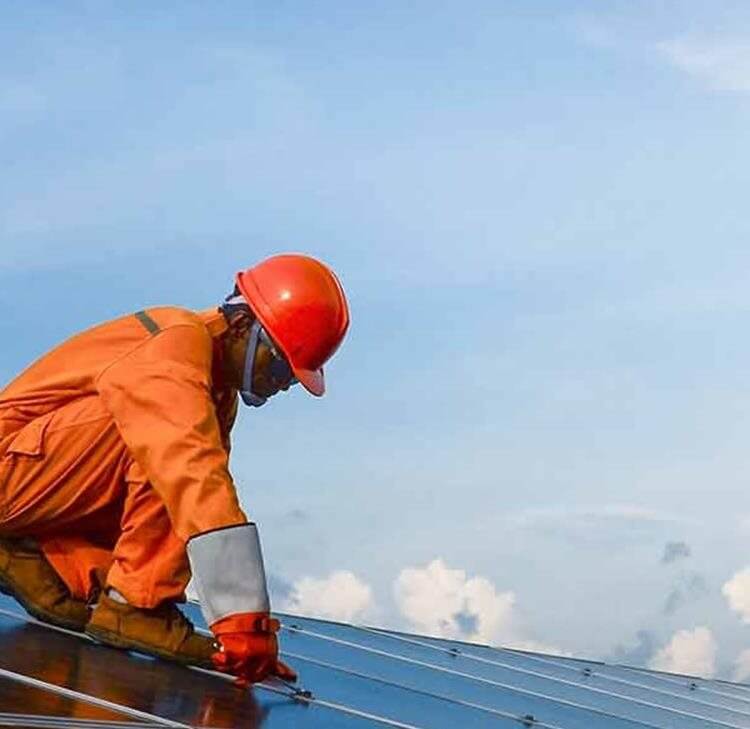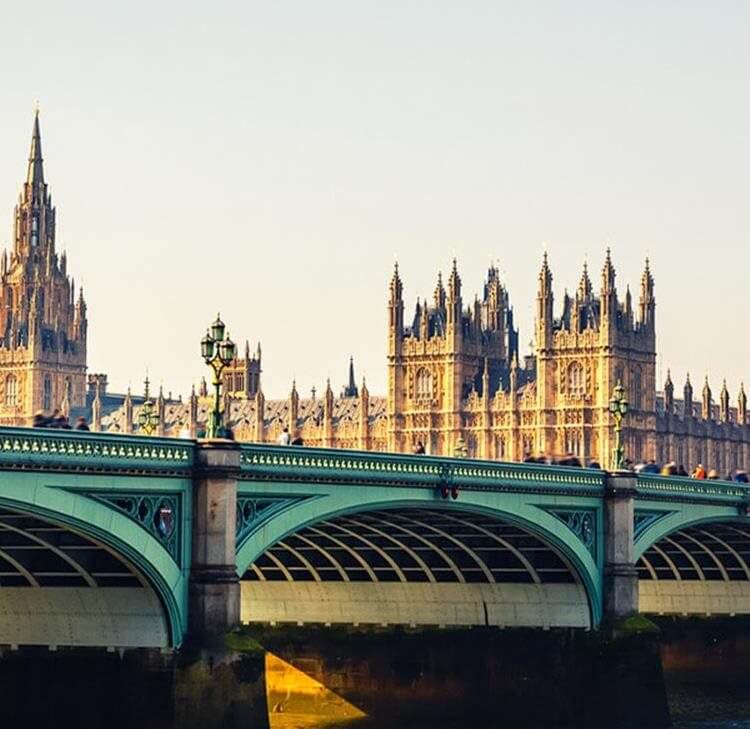Covid-19 and local authority enforcement
On the 26 March 2020, the Health Secretary made and brought into force The Health Protection (Coronavirus, Restrictions) (England) Regulations 2020, which on their face impose quite extraordinary restrictions on freedom of movement backed by increased powers of arrest and prosecution.
Please note: the information contained in our legal updates is correct as of the original date of publication.
On the 26 March 2020, the Health Secretary made and brought into force The Health Protection (Coronavirus, Restrictions) (England) Regulations 2020, which on their face impose quite extraordinary restrictions on freedom of movement backed by increased powers of arrest and prosecution.
Whilst the Regulations make it illegal for,
- a wide range of commercial premises to remain open (Regs 4, 5)
- a person to leave their house without a reasonable excuse (Reg 6)
- a person to take part in public gatherings of more than 2 people (subject to specified exceptions) (Reg 7)
This note is to consider the position of the local authority in this brave new world (or at least for the next six months after which the regulations expire) and considers the recent Guidance issued by the Office for Product Safety and Standards dated 27 March 2020, which all local authorities should have received, and the power provided to them to enforce the requirements relating to businesses.
It is hoped that the relationships which already exist between relevant local authority officers and the businesses they regulate will make the process of enforcement more straightforward, hence the assumption that local authorities will allocate responsibility for enforcing the requirements regarding business closures and restrictions to their environmental health and trading standards officers.
There are for local authorities four potential offences to consider under the Regulations;
- contravening the requirement to close (reg 4)
- contravening restrictions (reg 5)
- obstruction of an officer (reg 9)
- failing to comply with a Prohibition Notice (reg 9)
These offences are punishable on summary conviction by a fine (level not specified but likely to be unlimited) or there is the option of a fixed penalty notice of £60 (£30 if paid within 14 days and it is the recipients first fixed penalty notice) or £120 if it is a second Notice, £240 for the third, £480 for the fourth, £960 for the fifth and £960 thereafter. Guidance on the issue of these Notices will be provided soon.
As is recognised by the Office for Product Safety and Standards Guidance document, “'The current crisis has significant implications for organisations and businesses across the UK”, and it is, therefore, inherently important that local authorities take a proportionate approach with these new powers, and the Guidance identifies what they need to do, namely,
- Understand the requirements for business closures and restrictions
- Designate officers to enforce the requirements
- Work out how you are going to get information out to your local businesses
- Be ready to answer questions from businesses
- Work out local enforcement arrangements with other local authorities and with the Police
- Tackle failures to comply
Local authorities are well used to accepting additional responsibilities and being in the frontline for enforcement responsibilities, so the issues raised above will not be insurmountable. However, it will be the issues which run in parallel with the new enforcement powers which may create concerns, for example, how do we protect the officers who are not only going into premises where they may be within 2 metres of others, but are also potentially closing a business which due to the current economic climate may not reopen?









































